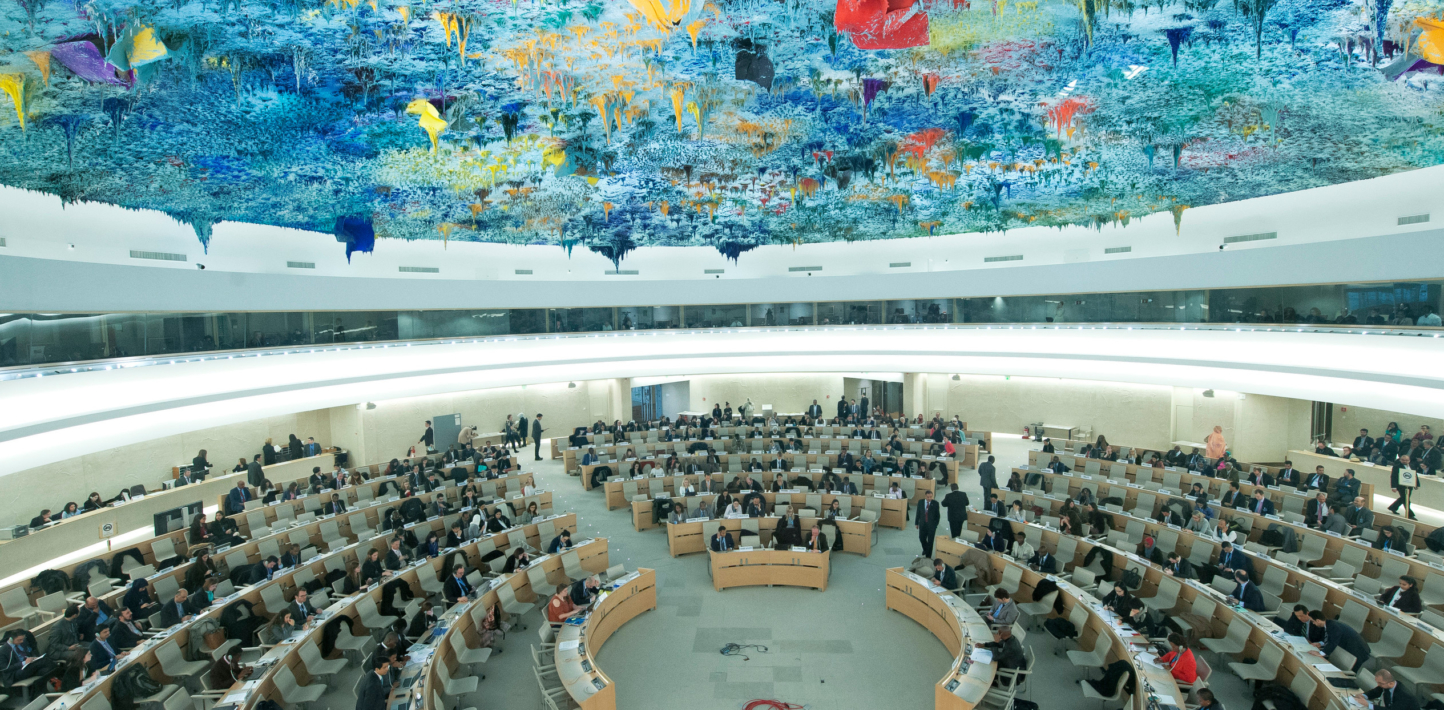Ahead of Pakistan’s fourth Universal Periodic Review (UPR) on 30 January, Rimmel Mohydin, regional campaigner at Amnesty International, said:
“Pakistan’s fourth UPR arrives at a tumultuous time for human rights in Pakistan, with political upheaval, economic instability, climate crisis, and an oppressed civil society enabling the environment for their abuse and impunity. The assessment presents a crucial opportunity for UN Member States to peer review Pakistan’s human rights record and to hold the authorities accountable for their failure to uphold their human rights obligations and commitments.
The assessment presents a crucial opportunity for UN Member States to peer review Pakistan’s human rights record and to hold the authorities accountable for their failure to uphold their human rights obligations and commitments.
Rimmel Mohydin, regional campaigner at Amnesty International
“The UPR also offers a chance to assess Pakistan’s implementation of recommendations from previous reviews – the last of which was held in 2018. Pakistan promised to criminalize enforced disappearances and to hold perpetrators accountable, but neither have happened despite attempts to legislate against the practice. Commitments to protect minority groups from discrimination have been eclipsed by violent, often deadly attacks against them that have been carried out with impunity. The grip on the press and civil society has only tightened in the five years since.
“Amnesty International strongly urges all UN Member States to engage in effective and meaningful discussions with Pakistan, including following up on their past recommendations and offering concrete recommendations to improve respect for human rights in the country.”
Background
The UPR will begin at 1:00 pm PST. A live thread on the review can be found on Amnesty International’s South Asia twitter account and a spokesperson will be available for interviews.
A copy of Amnesty International’s submission of information for Pakistan’s UPR can be found here, where it evaluates the implementation of recommendations made to Pakistan in its previous UPR and raises concerns about restrictions on freedom of expression, freedom of thought, conscience and religion, enforced disappearances, sexual and gender-based violence and climate justice.
The United Nations Human Rights Council’s UPR offers an opportunity to review the human rights record of all UN Member States once every four years. The reviews include an interactive discussion between the State under review and other UN Member States. During this discussion, any UN Member State can ask questions or make recommendations to the State under review.


